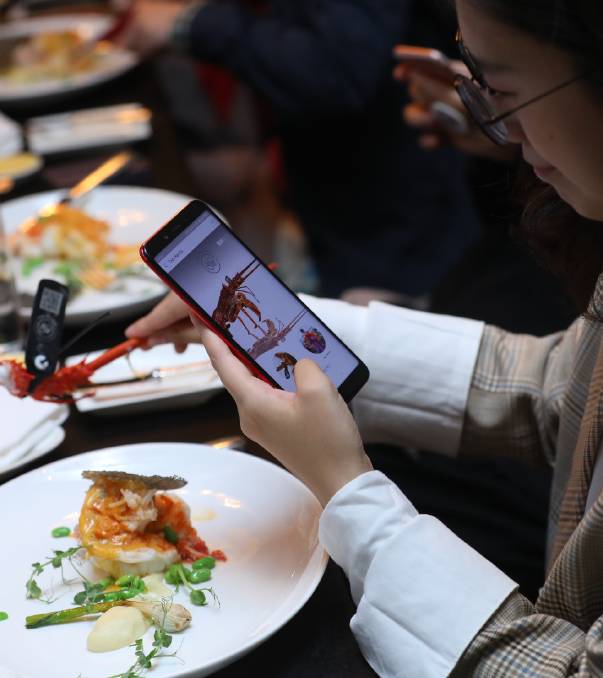THE demands for provenance and transparency are coming through loud and thick as high-end Chinese restaurants prepare to get back to business post COVID-19 lockdowns.
Beef brands with established paddock-to-plate modus operandi are reporting food origin guarantees are all that is being talked about.
One Australian start-up formed on the premise of restoring trust and closeness between producers and consumers globally says inquiry in its offerings has gone through the roof.
Two Hands, which uses blockchain technology and smart tagging to sell food via a digital marketplace where producers tell their story, says executive chefs in Shanghai are urging the business to rapidly increase the range of products, particularly animal protein, it is offering.
Its customers include hotel chain Waldorf Astoria.

Managing director Greg McLardie said the signals were very strong that changes were needed to a situation where farmers were faceless, their production regions invisible and the supply chain a black box to chefs and consumers.
“Chefs and restaurants are telling us they will start ordering mid-May on a consistent basis and proven provenance, security and food safety will be everything,” he said.
Mr McLardie said it had been widely reported that China sells more than twice as much Australian-labelled meat than is exported from Australia.
That meant plenty of meat from other countries, and even other species, was being passed of Australian beef, he said.
The solution would not come from authorities or governments, or the United Nations, he argued, but from innovative technology which empowers farmers and consumers.
He likened the situation to counterfeiting of music and movies, which he said brought those industries to their knees.
“The answer came from technology – smart phones meant it was easier, more reliable and affordable to download music and movies from a legitimate source than to buy from a black market in China,” Mr McLardie said.
“Blockchain technology in food supply chains will likewise provide the answer to ensuring we mitigate risks of pandemics like this in the future.”
Food Hands has focussed on seafood but has just joined forces with specialists in beef blockchain technology and is looking to bring red meat producers into it’s marketplace.
Demand for Wagyu and Angus in particular was high, Mr McLardie said.
“It’s about enabling the direct connection of beef farmers with restaurants in China and getting everyone else in the middle out of the way,” he said.
“We want to bring the trust implicit in a local village to the global village.”

GUARANTEED: Smart tags on lobster products from Australia, headed to China.
Producers tell their stories via video clips on the marketplace, lock tamper-evident smart tags on products with full information and prices recorded and uploaded to the marketplace and buyers overseas place orders.
Every smart tag is customised so in the restaurant, chefs and consumers scan the tag and see the videos of the producer and a blockchain-authenticated summary of how the product travelled from farmgate to them.
Chefs re-tell the stories – of everything from biodynamic practices to carbon neutral to generational farming – in their menus.
The story Food origin rules in the new China restaurant trade first appeared on Farm Online.











